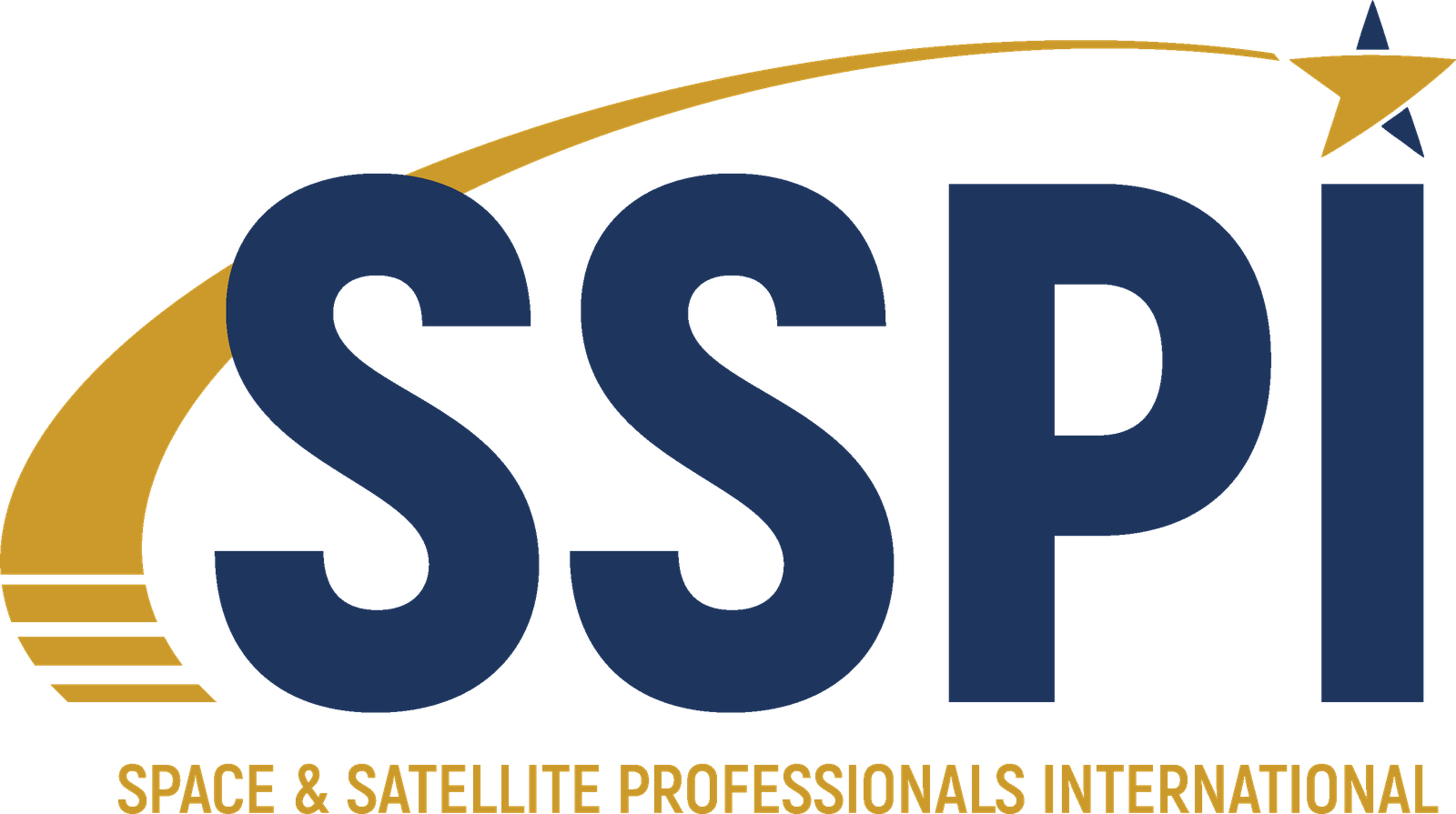 Astroscale Japan is recognized for advancing the sustainability of space itself. Its ADRAS-J mission transformed the idea of responsible orbital stewardship into proven reality—demonstrating, for the first time, that large-scale debris inspection and removal can be done safely, commercially, and with global benefit.
Astroscale Japan is recognized for advancing the sustainability of space itself. Its ADRAS-J mission transformed the idea of responsible orbital stewardship into proven reality—demonstrating, for the first time, that large-scale debris inspection and removal can be done safely, commercially, and with global benefit.
Over six decades of space exploration, the rapid growth of commercial activity has transformed Earth’s orbits into busy corridors filled with thousands of satellites—and thousands more pieces of debris. The result is a growing hazard to current and future missions. Astroscale Japan has made it its mission to change that reality by pioneering active debris removal and sustainable on-orbit operations.
Launched in February 2024, Astroscale Japan’s ADRAS-J mission marked a world first: a commercial demonstration of close-proximity operations to inspect an existing piece of large orbital debris. The spacecraft approached and surveyed a Japanese H-IIA rocket upper stage roughly the size of a city bus, demonstrating the complex maneuvering, sensing, and communications capabilities required for future debris-removal and satellite-servicing missions.
These achievements go far beyond a single spacecraft. ADRAS-J proves that the technical and operational barriers to large-scale debris removal can be overcome. It establishes the foundation for a new circular economy in space -- one in which satellites and rocket bodies can be responsibly managed, reused, or deorbited, reducing risk for all.
The mission also serves as a blueprint for future on-orbit servicing infrastructure. The ability to communicate reliably, navigate autonomously, and perform precision operations around uncooperative targets is essential to safe orbital commerce. ADRAS-J has advanced that standard, and in doing so, has helped define what sustainable space operations will require.
For its innovation and leadership, ADRAS-J received the MSUA Satellite Mobile Innovation Award for Space Sustainability in 2025. More importantly, it has demonstrated that sustainability in orbit is not only possible -- it is essential to the continued growth and safety of the global space economy.
← Better Satellite World Awards

